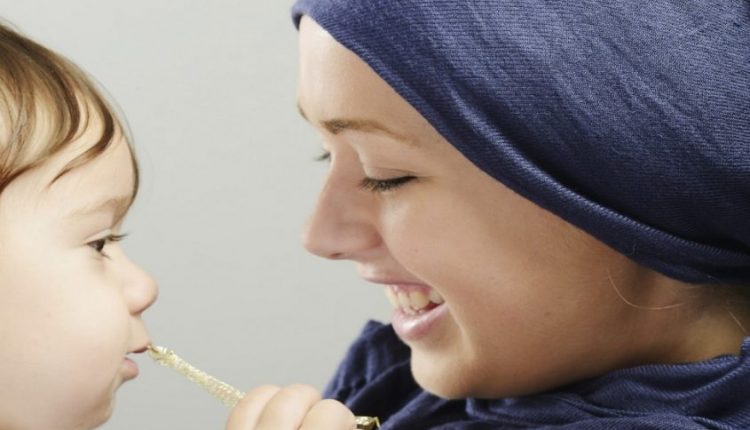Mothers’ status in Islam
Mothers in Islam are held in very high esteem. How a Muslim should treat their parents, especially the mother, is underlined in the Quran and Hadiths (narrations). Several verses in the Quran emphasize the difficulties that a mother goes through and the respect that should be accorded to her.
“We have enjoined man to be kind to his parents. His mother has carried him in travail and bore him in travail, and his gestation and weaning take thirty months. When he comes of age and reaches forty years, he says: ” My Lord! Inspire me to give thanks for God’s Blessing with which God has blessed me and my parents, and that I may do righteous deeds which may please God, and invest my descendants with righteousness. Indeed I have turned to God in penitence, and I am one of the Muslims” (46:15).
This verse mentions both parents in general but goes into detail in regards to the mothers in Islam because she faces challenges that a father does not. The command to treat parents with kindness means to shower love, affection, and piety on them, both in words and deeds.
One should treat them with respect under all circumstances, obey them unless it is something that God has forbidden, care for them in old age as they cared for you as a child, give priority to their orders over voluntary acts of worship. And approach them with tender humility and mercy; not to raise your voice above theirs, nor to fix your glance on them, nor to call them by their names; to be patient with them, and never harm them verbally or physically.

Mother Muslim and her son in the nature, reading together
But why should we be kind to our parents, especially our mothers? The Quran repeats the struggles a mother withstands in another passage to highlight the need for one to reciprocate their parents’ sacrifice for them:
“We have enjoined man concerning his parents: His mother carried him through weakness upon weakness, and his weaning takes two years. Give thanks to God and your parents. To God is the return. But if they urge you to ascribe to God as a partner that of which you have no knowledge, then do not obey them. Keep their company honorably in this world and follow the way of him who turns to God penitently. Then to God will be your return, whereat God will inform you concerning what you used to do” (31:14, 15).
There are also verses in the Quran that the mention of servitude to God is immediately followed by the command of being kind to parents. This is also repeated throughout the Quran:
“Worship Allah (SWT) and do not ascribe any partners to God, and be good to parents…” (4:36).
“Your Lord has decreed that you shall not worship anyone except God, and [God has enjoined] kindness to parents. Should they reach old age at your side one of them or both do not say to them,” Fie!” And do not chide them, but speak to them noble words. Lower the wing of humility to them, out of mercy, and say..”

Prophet Muhammad’s (PBUH) Views about the worth of mothers in Islam
These verses indicate that after worshiping Allah (SWT) alone, beautiful conduct to parents is the next most important duty for a Muslim. Mothers in Islam are due to this conduct even before fathers according to the command of Prophet Muhammad (PBUH) in the story below:
A man came to the Prophet (PBUH) and said: ‘O’ Messenger of God! Who among the people is the most worthy of my good companionship? The Prophet (PBUH) said: ‘Your mother.’ The man said, ‘Then who?’ The Prophet (PBUH) said: ‘Then your mother.’ The man further asked, ‘Then who?’ The Prophet (PBUH) repeated: ‘Then your mother.’ The man asked again, ‘Then who?’ The Prophet (PBUH) said: ‘Then your father’.
The importance of the mother over the father is highlighted in this Hadith by repeating “your mother” three times and then saying “your father” once in response to the man’s question. All these Quranic verses and sayings (Hadiths) demonstrate the extraordinary worth of mothers in Islam. This religion considers the attainment of the last phase of perfection, namely paradise, dependent on the mother’s satisfaction, as Prophet Muhammad (PBUH) said: “Heaven lies beneath the feet of mothers ”.

